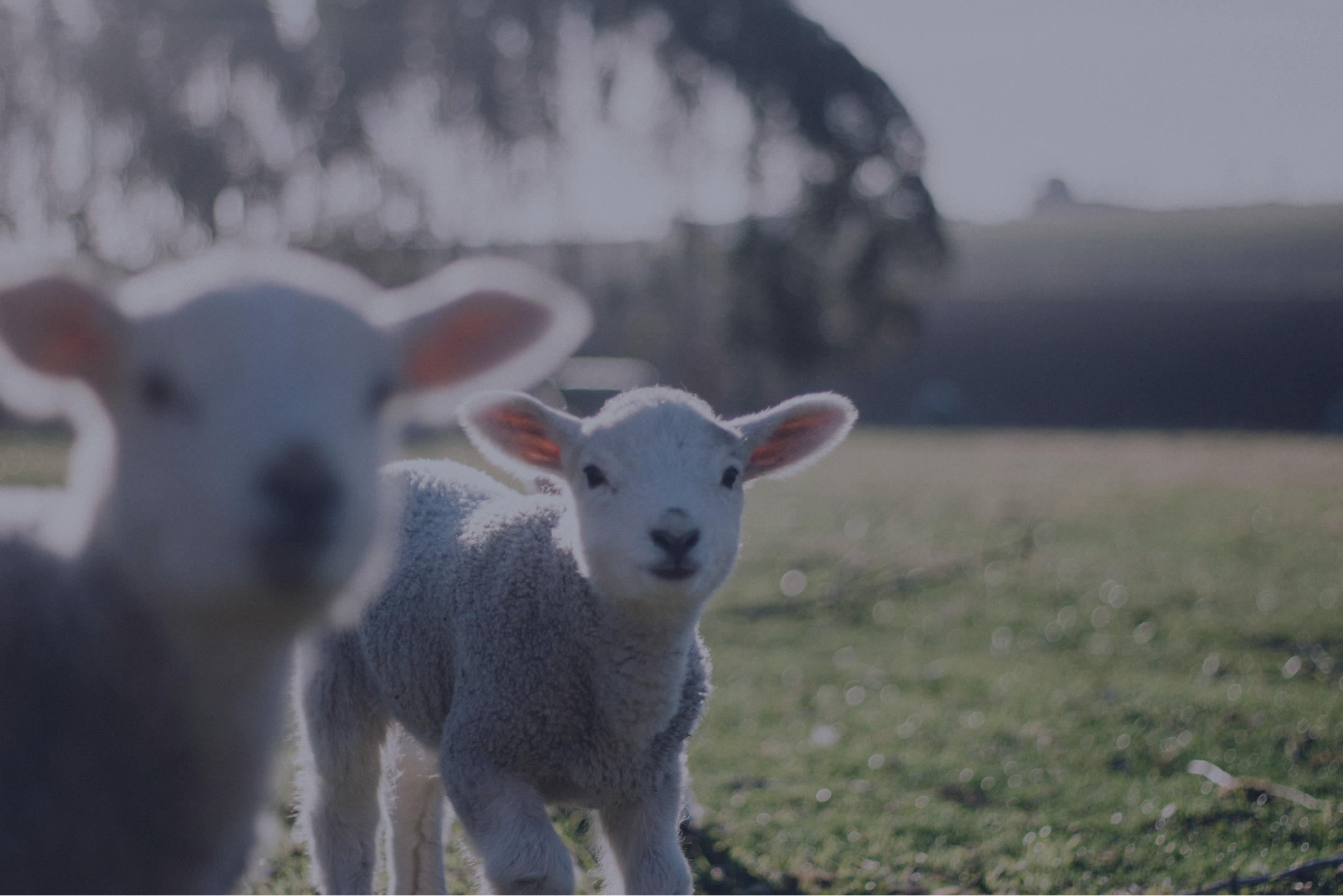
Why Vegan?
Align Your Actions with Compassion.
Choosing to embrace a vegan lifestyle is a powerful act of compassion and responsibility towards our fellow beings on this planet. At its core, veganism is a philosophy which rejects all forms of animal exploitation and cruelty.
By opting for plant-based and cruelty-free alternatives to the ways in which animals are used by humans, we actively dismantle the systems of confinement, mutilation, and killing that are inherent in animal agriculture. While veganism is a justice movement against animal exploitation, It also happens to bring environmental and health benefits, lowering our ecological footprint and reducing chronic disease risks. In a world grappling with climate change and food insecurity, veganism aligns with empathy and sustainability, offering a practical solution.

BE THEIR VOICEVegan for the animals
Countless animals, from cows and chickens to pigs and fish, are bred into a life solely designed to fulfill human desire for meat and dairy, despite the overwhelming scientific consensus that animal products are not necessary for human health. Choosing veganism becomes the most direct way to reject this exploitation entirely. The very act of taking an animal's life for human consumption goes against the basic right of all living beings to exist freely. Whether it's separating calves from their mothers, forcing unnatural growth rates, or confining animals in any way, the process inherently involves suffering and exploitation.
Veganism transcends labels and marketing tactics – it's a clear statement that animals deserve a life free from human control and commodification. By embracing plant-based alternatives, we break the cycle of demand that fuels this system. Every plant-based meal becomes a powerful stand against the exploitation of innocent creatures, big or small.
Find out the difference between being vegan and being plant-based here.
HEAL THE EARTHPlant-based for the planet
While veganism as a philosophy is purely focused how we treat animals, a plant-based lifestyle also happens to be a highly effective way to combat environmental destruction. Animal agriculture, a leading cause of biodiversity loss and climate change, extends its impact far beyond the animals themselves. It contributes significantly to deforestation, habitat loss, and species extinction, as vast amounts of land are cleared for grazing and feed crops. This exacerbates issues like desertification and land degradation.
Moreover, animal farming consumes staggering amounts of water, diverting resources that could otherwise be used to grow crops directly for human consumption and provide freshwater to communities. Transitioning to a plant-based lifestyle reduces carbon footprints, alleviates pressure on land and water resources, and stands against the environmental devastation caused by animal agriculture.
Source: Our World In Data

fuel your bodyPlant-based for your health
Switching to a balanced plant-based diet offers numerous health benefits, including reduced risks of heart disease, diabetes, and certain cancers, along with lower cholesterol levels and increased energy. Studies consistently show that a well planned plant-based diet meets all essential nutrient requirements while lowering the risk of many diseases. A plant-based diet provides sustained energy through complex carbohydrates, favored by athletes for performance enhancement.
Additionally, research indicates that vegans possess healthier gut bacteria, reducing inflammation and protecting against bowel conditions and cancer. Longevity studies support the health advantages of veganism, with reduced premature mortality and decreased risks of dementia and Alzheimer's disease.
Additional reading: Physician’s Committee for Responsible Medicine
empower humanityHope for our future
Living in alignment with vegan values isn't just good for your conscience; it's good for your health and the health of the world's population. Plant-based foods require significantly less land and water than animal products, making veganism a sustainable solution to global food insecurity. With a growing population and strained resources, shifting to plant-based proteins frees up land for food production, potentially feeding billions more people.
Additionally, the overuse of antibiotics in factory farming contributes to the rise of antibiotic-resistant bacteria, a threat to human health. By choosing vegan, you're not only promoting your own well-being but also contributing to a safer, more sustainable future for all.
New to veganism?
Explore our dedicated resource hub to discover the profound impacts of veganism on animals, the environment, and humanity.
FURTHER READINGExplore our blog
Ready to make a difference?
Be part of our movement and be a voice for farmed animals. Find a team near you, or apply to be an organizer and start your own!










Uncover the crucial differences between plant-based and vegan, and find out which one aligns with your values.